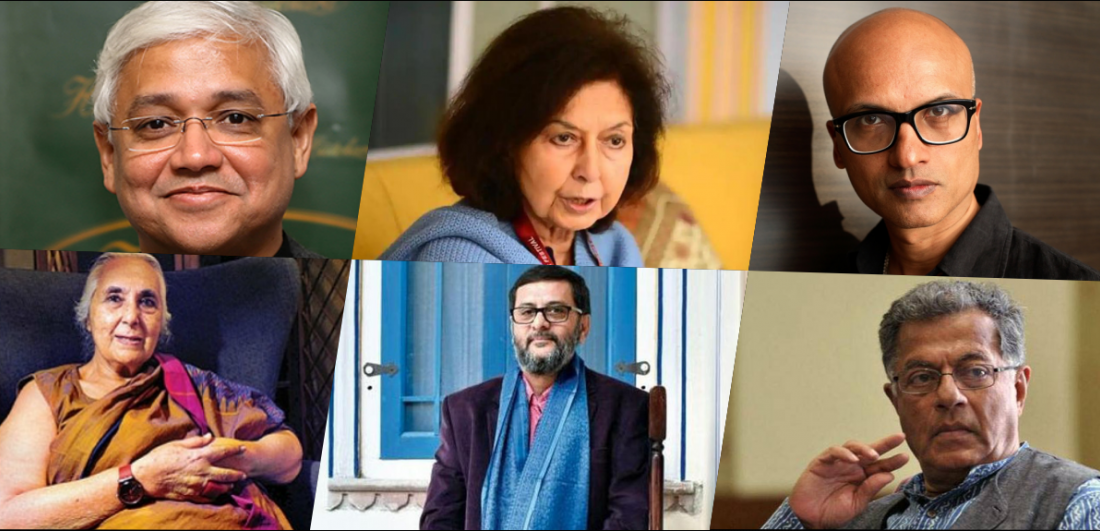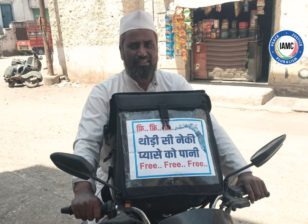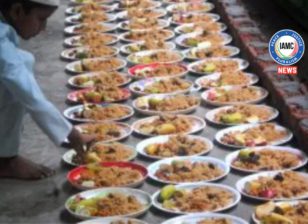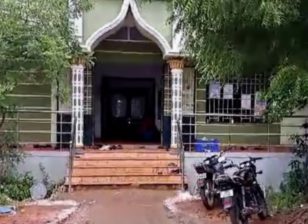Padma Shri Sharif Chacha’s life is a lesson in communal harmony
Amidst attempts by the ruling Bharatiya Janata Party (BJP) to communalise the ongoing protests against the Citizenship Amendment Act (CAA), the National Register of Citizens (NRC) and the National Population Register (NPR), Padma Shri Mohammad Sharif (Sharif Chacha)’s life offers a stark contrast, one that we all can learn from.
Twenty-seven years ago, in January 1992, Sharif’s eldest son Raes Khan went missing after he left for Sultanpur to work as a chemist. It was the peak of the Ram Janmabhoomi movement launched by the Sangh parivar to build a Ram temple at the site where the Babri masjid once stood. Following the then BJP President LK Advani’s Rath Yatra, communal fires were burning across India.
Shattered by the death of his son, and the manner in which his body was allowed to decompose in the absence of anybody to conduct the last rites, Sharif resolved to not let the same happen to unclaimed dead bodies in the twin-towns of Faizabad and Ayodhya. For him it was not about Hindu or Muslim, but about fundamental humanity that accords each one the right to dignity, at least in death.
According to his own estimate he has done the last rites for over 5,000 bodies, but others estimate that figure to be five times more. Whatever be the actual number, what is important is that Sharif Chacha made no discrimination between unclaimed bodies on the basis of religion. Despite his belief that his son’s murder was communal in nature, he did not selectively leave out the dead who were non-Muslims.
Ignoring his financial limitations, every day Sharif worked hard at his bicycle repair shop and at the same time prioritised the cremations and burials of unclaimed bodies, often carrying them on his bicycle to the cemetery or the cremation grounds.
At first people thought he had lost his mental balance in the wake of his son’s murder and used to chide him to ‘get over it and move on’. However, in a few years, Sharif Chacha’s thankless persistence won the hearts of people across religious divides. Meanwhile, the communal cauldron over Babri masjid-Ram Janmabhoomi too cooled down.
Over the years, from sadhus to maulvis to the police and local administration, everybody has come to virtually revere the thespian who does what most shy away from: bid adieu to the dead with respect and according to their respective religions.
The government’s decision to honour him with a Padma Shri is commendable and needs to be lauded by all those who believe in kindness and humanity. However, a true tribute to Sharif Chacha’s message of communal harmony would be for politicians to cease the communalisation of dissenters and protesters such as those in Shaheen Bagh.
The numerous communally-charged statements by high functionaries of the government against the anti-CAA-NRC-NPR protesters goes against the spirit of democracy and secularism enshrined in the Constitution and exemplified by millions of ordinary Indians like Sharif Chacha.
Link: https://www.moneycontrol.com/news/india/politics-padma-shri-sharif-chachas-life-is-a-lesson-in-communal-harmony-4869261.html




